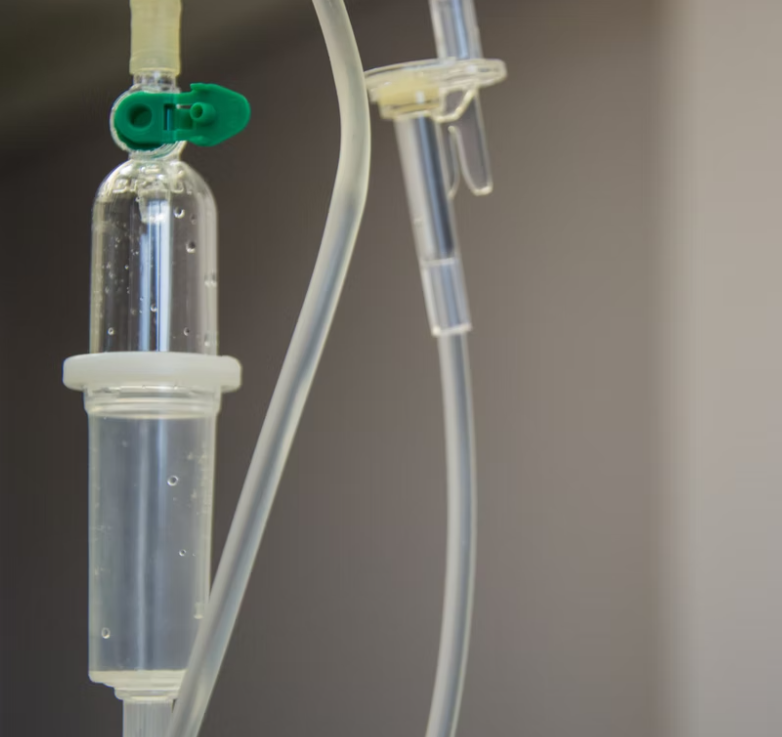Central Peninsula Hospital has recently achieved redesignation as a Level IV Trauma Center, which ensures that the hospital is able to provide initial resuscitation, assessment and stabilization of an injured patient before the patient is either discharged, admitted or transferred to a higher level of trauma care.
Michelle Quinton, Trauma Program Coordinator for Central Peninsula Hospital tells KSRM:
“Central Peninsula Hospital received their first trauma designation on May 10, 2019. This April was our redesignation date, April 26. Essentially the trauma program is just a really great thing for our community in that it’s ensuring that we have a readiness to care for trauma patients and we have the resources available and that we’re also providing quality care to trauma patients and making sure that we have the policies and protocols and all that in place. what the trauma program is doing is we’re making sure that we can provide that initial care resuscitation and assessment and stabilization before we get into a higher level of trauma care or definitive care, which would be, most likely up north to Anchorage. It’s just a really great thing for the community, making sure that we’re ready to take care of our community.”
She also says there’s a benefit to initially being treated locally versus having to be flown to Anchorage:
“The really great thing about it is we’re able to provide some of that initial trauma care, whether that be resuscitation or stabilization to people in our community without them having to necessarily leave home. In a lot of cases, we are sending them to a higher level of trauma care, but we’re able to provide that initial care.”
According to Quinton, the trauma program looks to continually improve upon and provide a higher standard of care to the injured patient. It not only looks at whether policies, protocols and practices are set into place for traumas, but also whether the necessary resources are available to manage injured patients.
A key piece of the trauma program is performance improvement, which identifies areas where there could be opportunities for improvement or future growth in trauma care.

